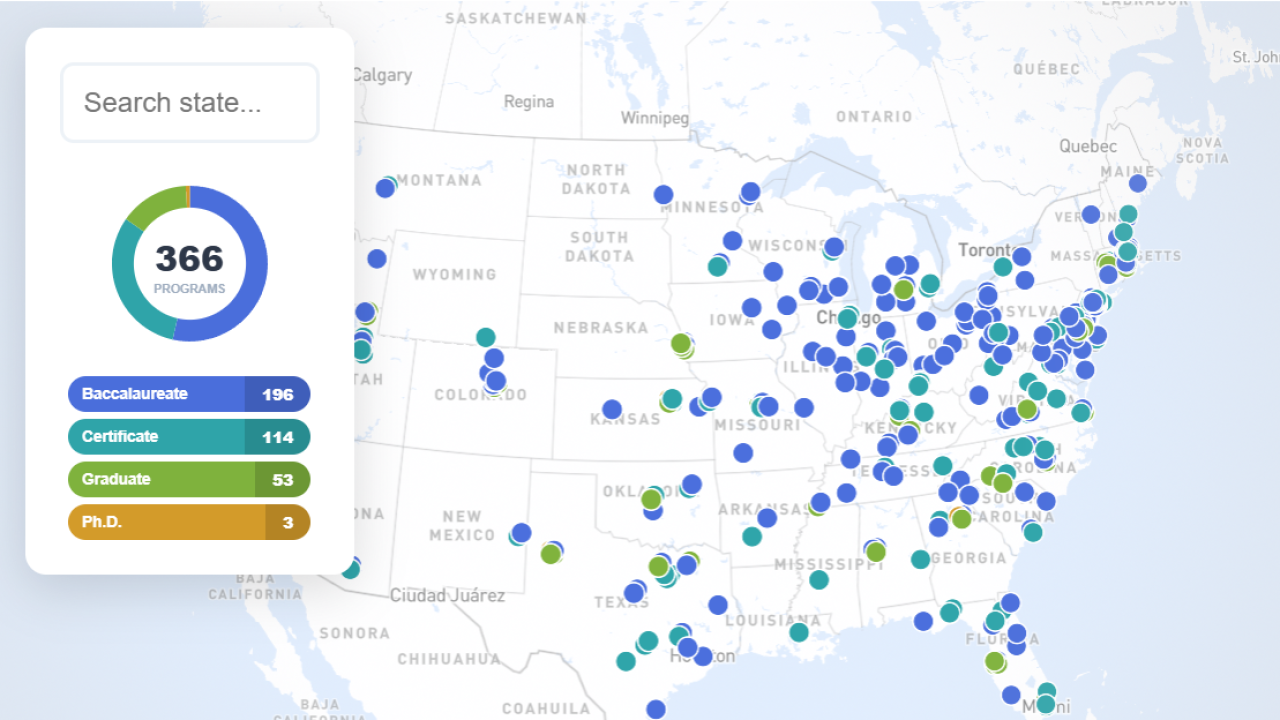NICSA 2011: Stock Market Won't Double (Again) In Next Two Years
At the start of 2009, Philip J. Orlando, chief equity market strategist and senior portfolio manager at Federated Investors, thought his investment management firm based in Pittsburgh was a ''macro fringe lunatic'' fund firm.
That's because he thought the stock market was poised, at the nadir of the credit crisis, for a "powerful cyclical recovery" led by strong global economic growth, particularly in emerging markets. The stock market was trading at less than 10 times company earnings. And inflation was under 1 percent.
"We thought the market had the potential to double in two years,'' he told attendees Tuesday morning of a portfolio managers roundtable at the National Investment Company Service Association 2011 Conference & Expo.
And here are the Dow Jones Industrial Average numbers, then and now:
- March 6, 2009: 6,626.9399
- February 14, 2011: 12,268.1964
That's a gain of 85.1%, in 23 months.
Can it happen again? Now?
Orlando doesn't think so.
"The good news is the stock market has doubled in the last two years,'' he said. "The bad news is we don't think the stock market will double in the next two years.''
In fact, at the "macro lunatic" firm, "we're starting to dial back," he said, on equity investing. Exclusions: Some domestic large market capitalization stocks and some alternative investments, he said.
Investors who fled to bond funds though ought to swing back into equity funds or miss the gains, said Paul Zemsky, Global Head of Asset Allocation at ING Investment Management.
In the last couple of years, hundreds of billions of dollars flowed into bond funds and out of equity funds, he said. Money has started to flow back into domestic long-term equity funds, as occurred four out of the first five weeks of the year, according to Investment Company Institute figures. And "another wave of cash flows going back into equities" is coming, Zemsky said.
There will be "some bumps along the road,'' like the uncertainty caused in Egypt or another debt crisis in a European country such as Greece or Ireland. But "the trend we think will be up.''
The United States and developed is poised for a "reflation,'' said Jerry Webman, Chief Economist at Oppenheimer Funds. And he cautioned that most of the markets gains from that trend may already have been taken.
Since
And the typical gain in such a period is 30 percent, he noted.





